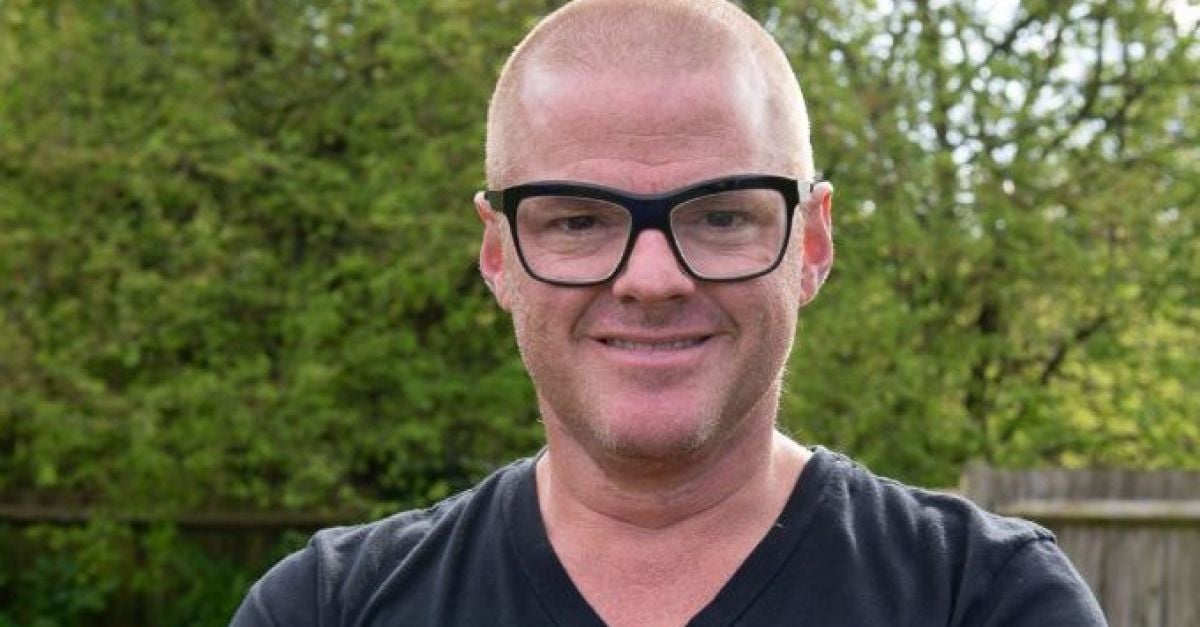Celebrity Chef Heston Blumenthal Reveals Bipolar Diagnosis
Celebrity chef Heston Blumenthal recently disclosed that he has been diagnosed with bipolar disorder. This revelation comes after his previous diagnosis of attention deficit hyperactivity disorder (ADHD) in 2017. Blumenthal, known for his innovative work and as the owner of the renowned Fat Duck restaurant in Berkshire, considers his neurodivergence as his “superpower.”
Embracing Neurodiversity in the Workplace
Blumenthal advocates for a shift in attitudes towards neurodiversity in professional settings. He emphasizes the importance of moving away from outdated perceptions of differences and embracing the unique opportunities that neurodiversity brings.
Understanding Bipolar Disorder
Bipolar disorder is a prevalent mental health condition that affects a significant number of adults in the UK. Despite its commonality, many individuals remain undiagnosed. Bipolar disorder is characterized by extreme mood swings, including highs (hypermania or mania) and lows (depression), as well as mixed episodes where symptoms of both depression and mania coexist.
Impact of Bipolar Disorder
- Extreme highs and lows of emotion and energy
- Risk of manic episodes if not managed
- Potential sleeping problems and erratic behavior
- Increased risk of suicidal thoughts during depressive episodes
Diagnosis and Treatment
Diagnosis of bipolar disorder is crucial for effective management. Despite available treatments, many individuals go without support for extended periods. Treatment options include mood stabilizers, antipsychotics, and antidepressants, along with psychological therapies like cognitive behavioral therapy (CBT) and counseling.
Lifestyle Management and Support
Aside from medication, lifestyle adjustments such as maintaining a regular sleep schedule and careful life planning can aid in managing bipolar disorder. Peer support groups, like those offered by Bipolar UK, can also provide valuable assistance in coping with the condition.
Living Well with Bipolar
While living with bipolar disorder presents challenges, with proper medication, support, and lifestyle modifications, individuals can lead fulfilling lives. Open discussions about mental health, including bipolar disorder, are essential in reducing stigma and promoting effective management strategies.
















































